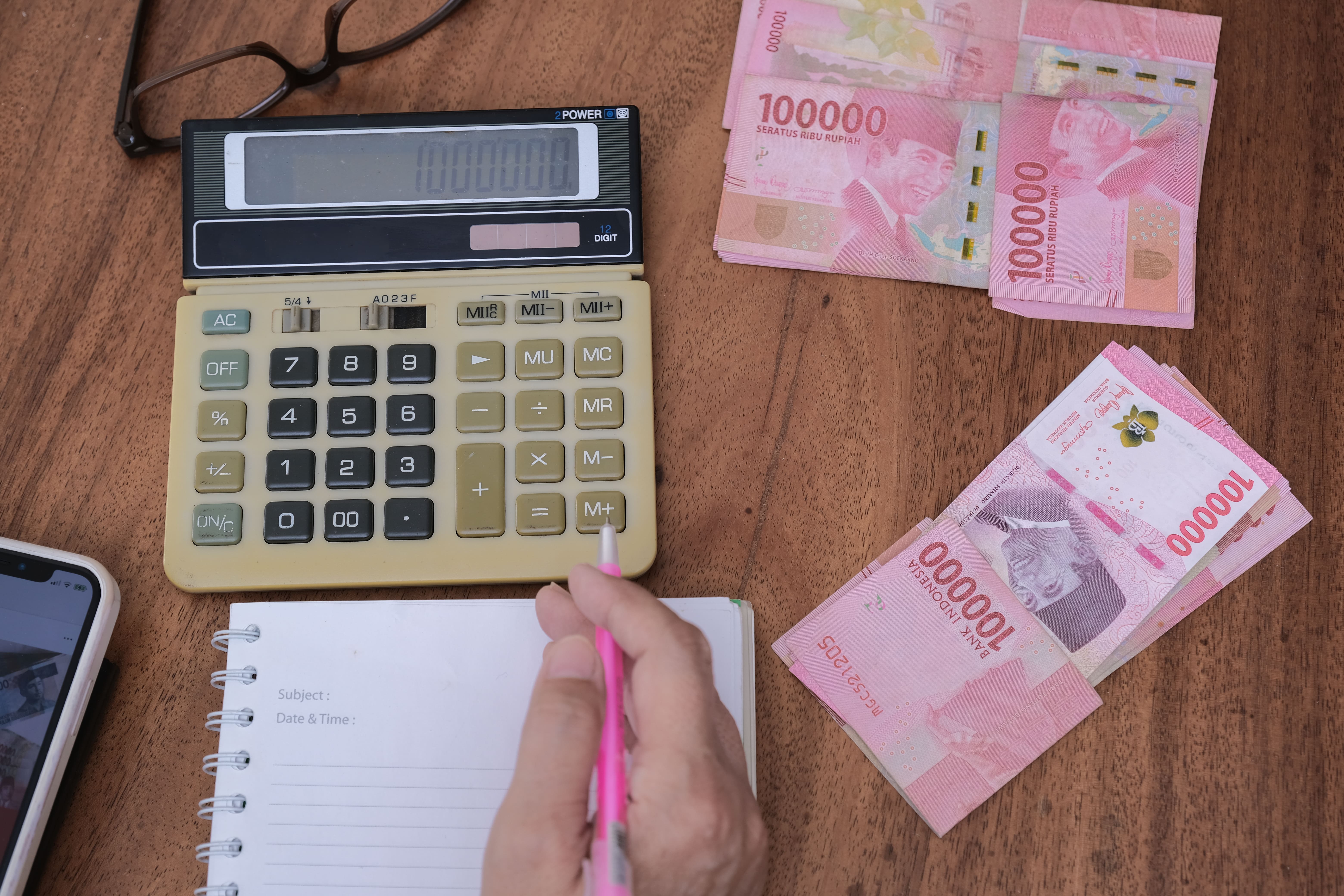"House Under Arrest": Tenant Evicted Due to Owner's Mortgage Obligations

Everything started as usual: long-term lease in Bali, contract, deposit, and payment for 1 year in advance. After 8 months, an unexpected visit from people in uniform: bank representatives inform that the house owner is not paying the mortgage. The property is going under foreclosure, and an auction is being prepared. "You need to vacate the premises," they say. The tenant shows his contract and receipts, but the bank representatives just nod and repeat the same thing.
What does the law say?
The main question for any tenant in such a situation: can the bank really evict? And who will return the money if you have to leave now?
In Indonesia, a mortgage on land or buildings gives the creditor special rights. If the borrower violates the terms, the bank can sell the property through a public auction without a separate court proceeding, based on the principle of direct debt collection. In practice, this means that the presence of a tenant itself does not block the sale and transfer of ownership to the new owner.
The Civil Code provides limited protection for leases: the classic rule of Article 1576 — "the sale of a thing does not terminate a previously concluded lease." This principle mainly applies if the lease agreement was made before the mortgage existed. If the lease was formalized after the mortgage or without the bank's consent, in most cases, the advantage remains with the bank or the auction buyer.
Why is priority so important? The State Property Management and Auction Service and judicial practice emphasize: a good-faith auction buyer should receive the property 'clean,' with the ability of real ownership. That is, after an auction, the new owner has the right to demand the house's vacation, and the tenant's dispute is already a conflict with the landlord, not with the bank.
Meanwhile, the landlord has basic obligations to ensure peaceful use and protect the tenant from legal obstacles by third parties. If the tenant loses the house not by their own fault, this is grounds to demand a refund and damages from the landlord.
What awaits the client?
Can the bank evict? Formally, the eviction itself is carried out by the new owner after the auction (sometimes by the bank at the transfer stage). If your lease agreement is 'younger' than the mortgage and the bank did not approve it, staying in the property is almost impossible. If, instead, the lease predates the mortgage and the creditor was aware of it — there are more arguments, but it all comes down to evidence and the specifics of the contract.
The bank is not a party to your contract; its task is to collect the debt and transfer the property to the buyer. Your financial claims should be directed at the owner-debtor (landlord).
How to get your money back? Two ways: the 'miraculous' way and the standard way.
The 'miraculous' way is when the landlord realizes everything on their own and after a conversation returns the difference according to the contract. The standard way involves drafting a claim and filing a lawsuit for breach of contractual obligations. A long and nerve-wracking process of at least 6 months in the best case. Refund of unused rent, deposit, relocation expenses, etc. The court may order the return of the unused sum of money, but the real recovery depends on the debtor's assets and their availability. If there is nothing to claim from, you will not receive anything.
How was the situation resolved?
While all the bureaucratic hassle was ongoing, the remaining lease period expired. And when the new owner came to the tenant, a new contract was signed, and the client didn't even have to move. Whether other people were as fortunate, we unfortunately do not know.
To avoid getting into such situations, it is imperative to check the property for encumbrances (mortgage, arrests, pledges) before signing a long-term lease by checking the certificate and securing the landlord's unequivocal liability for risks arising through their fault, including the procedure for returning the deposit/unused rent and compensation for losses in the contract. If you need help with this, you can always contact Legal Indonesia.















